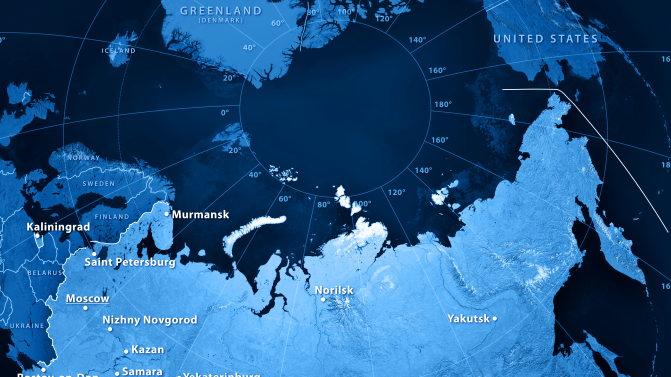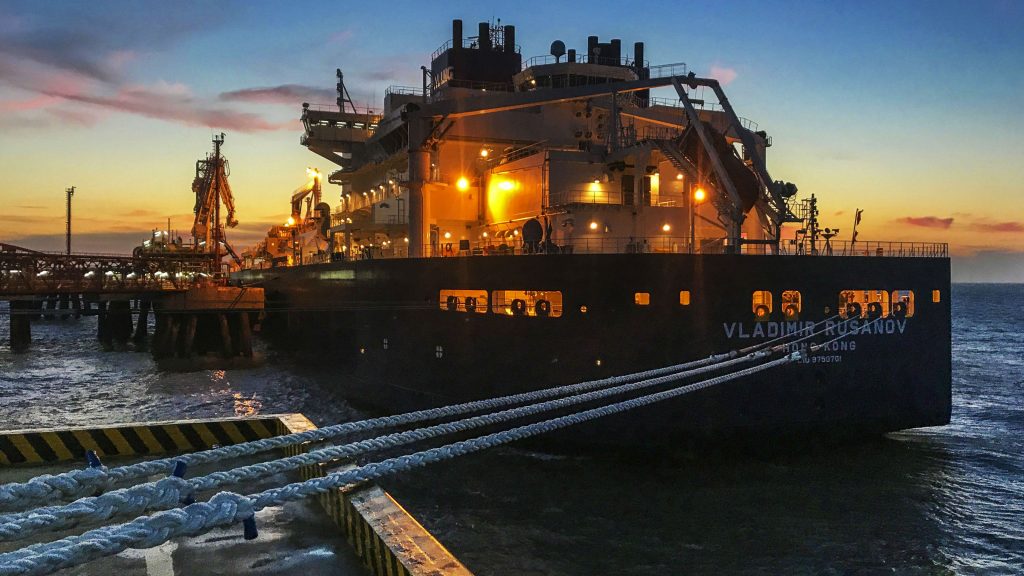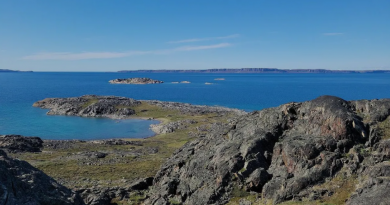Russia, China to do joint research in Arctic Siberia

Chinese and Russian scientists part of the China-Russia Arctic Research Center have announced their first joint project together will be in Arctic Siberia.
“The goal of the first joint expedition will be to study Russia’s Siberian Arctic shelf, the largest shelf system in the world, connecting the Arctic and Pacific Ocean and acting as a kind of natural “ice generator,” said a news release from the P.P. Shirshov Institute of Oceanology of Russian Academy of Sciences on Monday.
The research projects will cover everything from marine geography and chemistry, to topography, currents and greenhouse gases, as well as the European basin of the Laptev Sea, an area the news release described as an “area not previously studied.”
The Center says the data collected will help better understand how climate change is affecting the Arctic in the region as well as the development of the Northern Sea Route.

The Siberian projects are the first joint research announcements since China’s Pilot National Laboratory for Marine Science and Technology (Qingdao) (QNLM) signed an agreement with the P.P. Shirshov Institute of Oceanology of Russian Academy of Sciences (IO RAS) in April this year to form the China-Russia Arctic Research Center (CRARC).
This week’s research announcements mirror the priorities set out by the QNLM and the IO RAS when the formation of the Center was announced.
Importance of acquiring data on the Northern Sea Route
In the news release at the time, the two institutes stressed the importance of better understanding the environmental changes in the region as shipping and development become an increasing focus in the Russian Arctic.
“The obtained results will contribute to accurate prediction of ice conditions at the Northern Sea Route and providing recommendations for environmentally sound development of the Arctic region being intensively developed,” the QNLM and the IO RAS said in a news release at the time.
China has become increasingly active in the Arctic in recent years. In 2018, it issued an Arctic White Paper that laid out the country’s plans for massive investments and infrastructure projects in the North, establishing a so-called ‘Polar Silk Road.’ China has also been an Arctic Council observer country since 2013.
Write to Eilís Quinn at eilis.quinn(at)cbc.ca
Related stories from around the North:
Canada: Japan scopes out future Arctic research in Cambridge Bay, Northern Canada, CBC News
Finland: Lake waters in Finland exceptionally warm after record temperatures, Yle News
Greenland: July may surpass hottest month in recorded history says World Meteorological Organization, Eye on the Arctic
Iceland: Iceland glacier lost to climate change to get memorial ceremony this month, Eye on the Arctic
Norway: Russia, China step up talks over Arctic shipping, The Independent Barents Observer
Russia: China’s COSCO planning ‘several’ shipments along Northern Sea Route, The Independent Barents Observer
Sweden: Sweden’s emissions are rising instead of falling, Radio Sweden
United States: China, Russia singled out in new U.S. Arctic defense strategy, Eye on the Arctic


